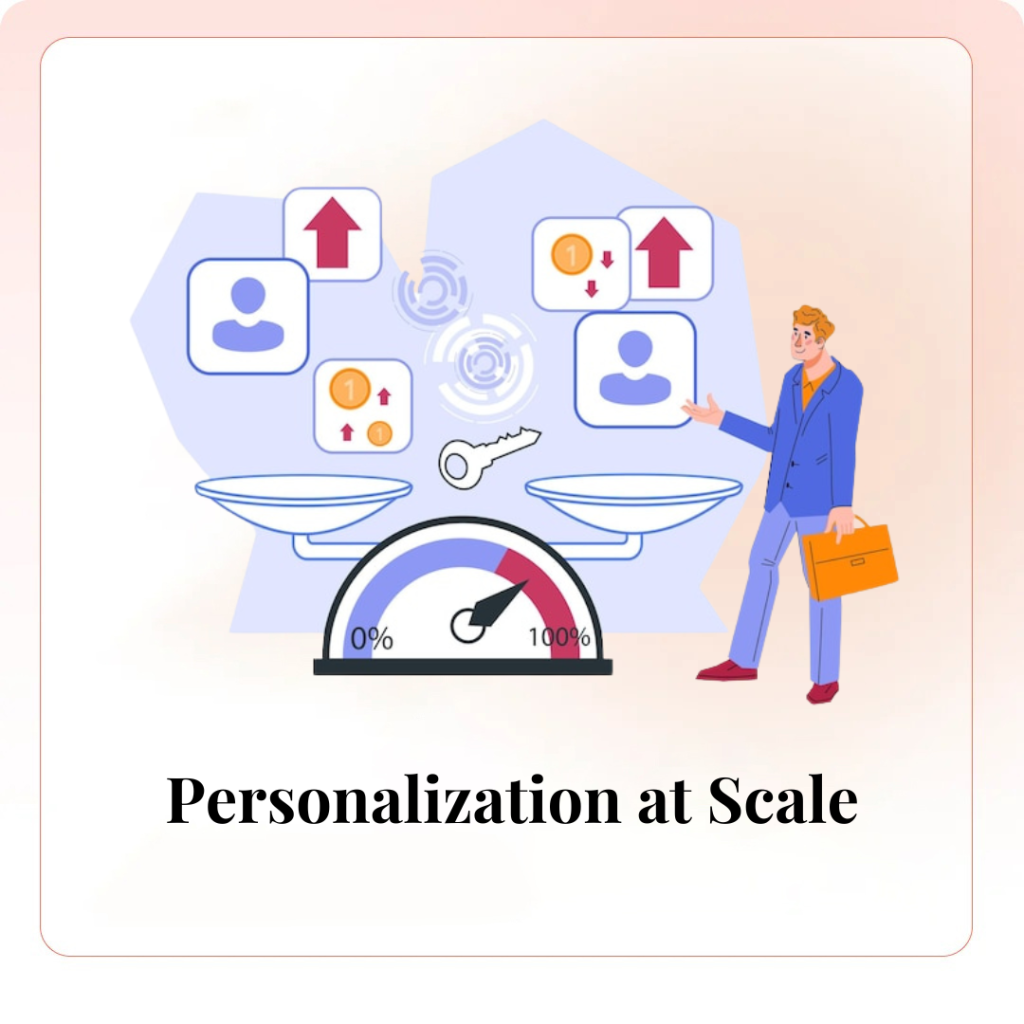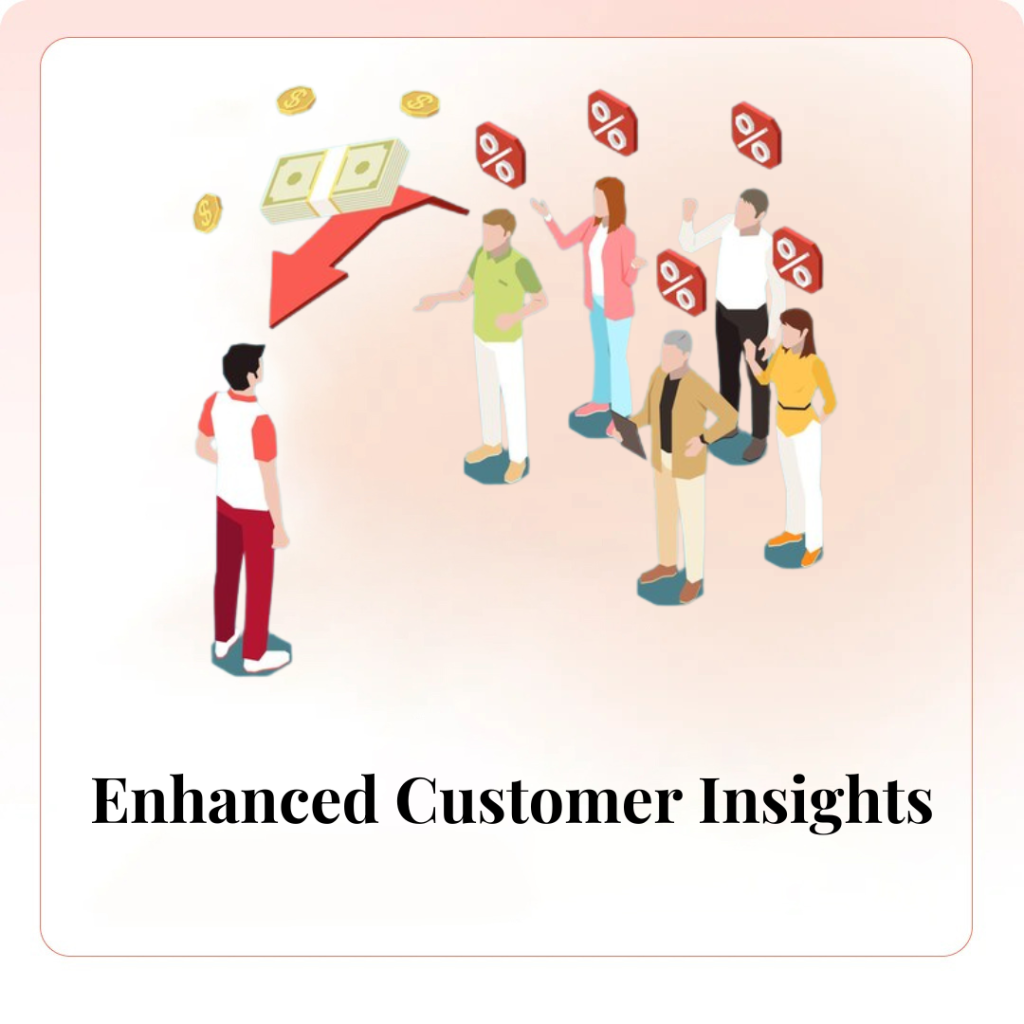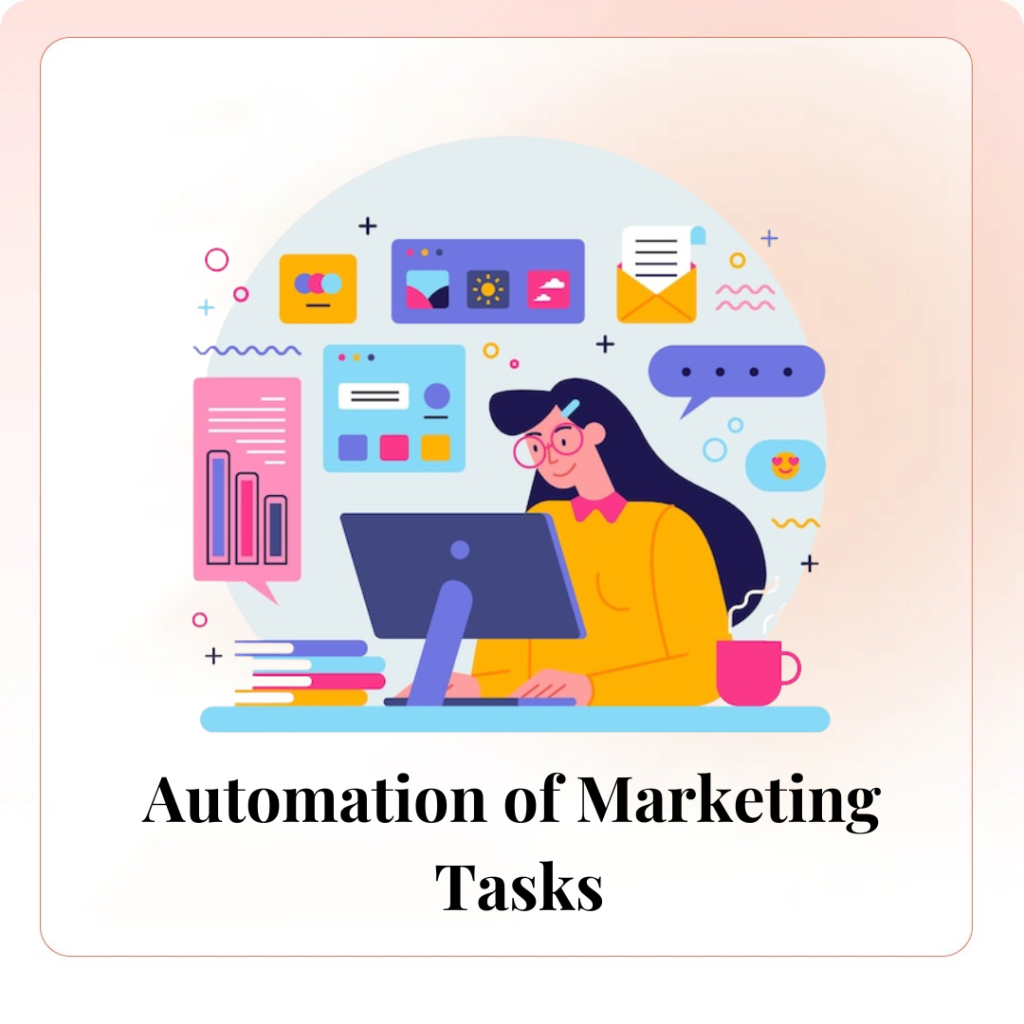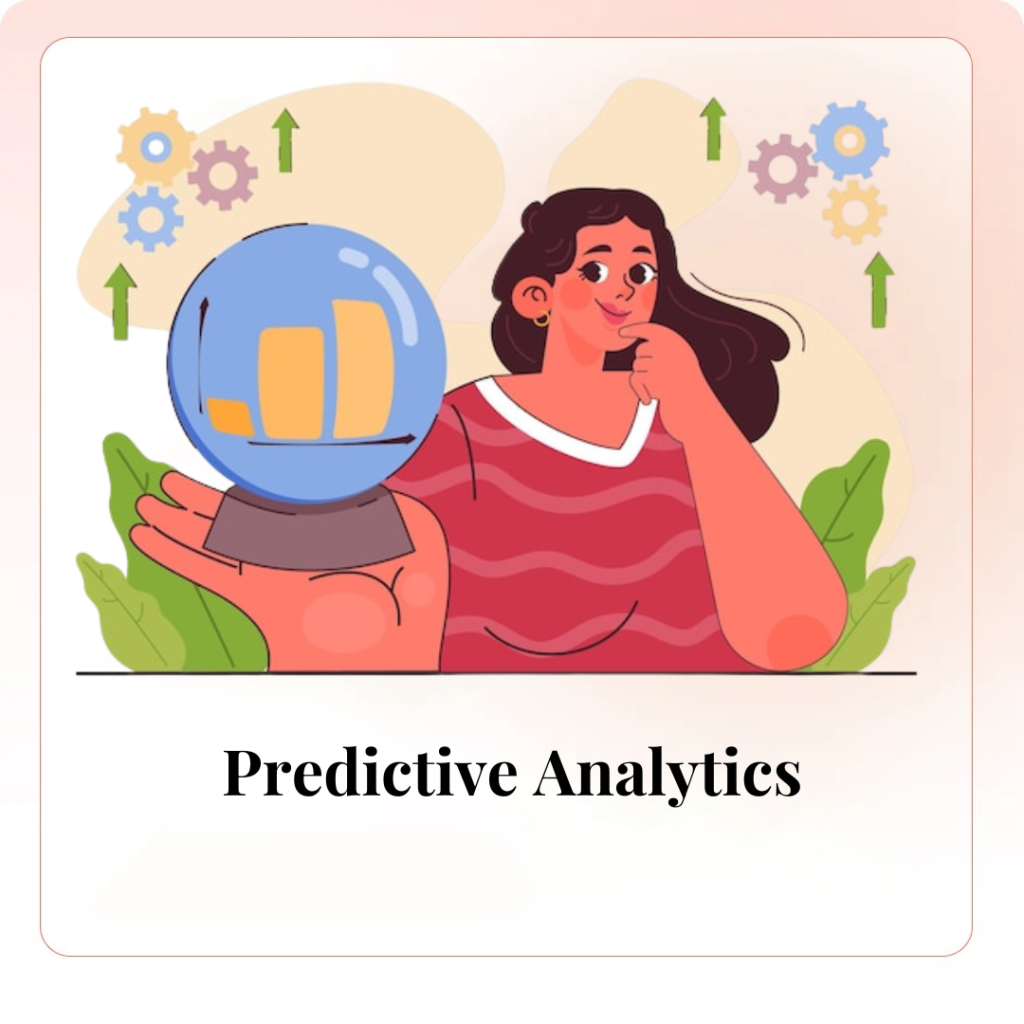Artificial Intelligence (AI) is revolutionizing various industries, and digital marketing is no exception. The integration of AI into digital marketing strategies has significantly transformed the way businesses approach their marketing efforts. This blog explores the profound impact of AI on digital marketing strategies, highlighting how it enhances efficiency, personalization, and overall effectiveness.
1. Personalization at Scale
AI allows for unprecedented levels of personalization in digital marketing. By analyzing vast amounts of data, AI can segment audiences more precisely and deliver personalized content to each segment. Personalized emails, product recommendations, and targeted advertisements enhance customer experience and increase conversion rates. AI algorithms can predict consumer behavior, allowing marketers to tailor their strategies to individual preferences.

2. Enhanced Customer Insights

AI-powered analytics tools provide deeper insights into customer behavior and preferences. These tools can process and analyze large datasets quickly, identifying patterns and trends that human analysts might miss. With AI, marketers can gain a better understanding of their audience, improve targeting, and create more effective marketing campaigns. Predictive analytics, a subset of AI, can forecast future trends, enabling proactive marketing strategies.
3. Automation of Marketing Tasks
AI automates various repetitive marketing tasks, freeing up time for marketers to focus on more strategic activities. Automated tasks include email marketing, social media posting, and ad management. AI-powered chatbots handle customer inquiries, providing instant responses and improving customer satisfaction. Automation increases efficiency, reduces costs, and ensures consistent execution of marketing tasks.

4. Improved Content Creation

AI tools assist in content creation by generating ideas, drafting content, and optimizing it for SEO. Natural Language Processing (NLP) algorithms can write blog posts, social media updates, and even video scripts. AI can also analyze the performance of different types of content, helping marketers understand what resonates best with their audience. This data-driven approach to content creation enhances engagement and drives better results.
5. Real-Time Decision Making
AI enables real-time decision making by analyzing data as it comes in and providing actionable insights. Marketers can adjust their strategies on the fly based on real-time performance metrics. For instance, AI can monitor the performance of digital ads and make instant adjustments to optimize ROI. This agility allows marketers to respond quickly to changing market conditions and customer preferences.

6. Enhanced Customer Experience

AI enhances the overall customer experience by providing personalized and timely interactions. AI-driven chatbots offer 24/7 customer support, answering queries and assisting with purchases. AI can also track customer interactions across multiple channels, providing a seamless experience. Personalized recommendations, dynamic pricing, and predictive customer service are just a few ways AI improves the customer journey.
7. Advanced Ad Targeting
AI has transformed digital advertising by enabling more precise ad targeting. Machine learning algorithms analyze user data to identify the most relevant audiences for specific ads. Programmatic advertising platforms use AI to automate the buying and placement of ads, ensuring they reach the right people at the right time. This precision reduces ad spend wastage and increases the effectiveness of ad campaigns.

8. Predictive Analytics

Predictive analytics, powered by AI, forecasts future outcomes based on historical data. Marketers can use predictive models to anticipate customer behavior, identify potential leads, and optimize marketing strategies. For example, predictive analytics can determine the likelihood of a customer making a purchase, allowing marketers to tailor their efforts accordingly. This proactive approach leads to higher conversion rates and better ROI.
Conclusion
The impact of AI on digital marketing strategies is profound and far-reaching. By enabling personalization at scale, enhancing customer insights, automating tasks, and improving content creation, AI transforms the way businesses engage with their audience. Real-time decision making, advanced ad targeting, and predictive analytics further enhance the effectiveness of marketing efforts. Embracing AI in digital marketing not only improves efficiency and ROI but also creates more meaningful and personalized customer experiences. As AI continues to evolve, its role in digital marketing will only become more integral, shaping the future of business.

